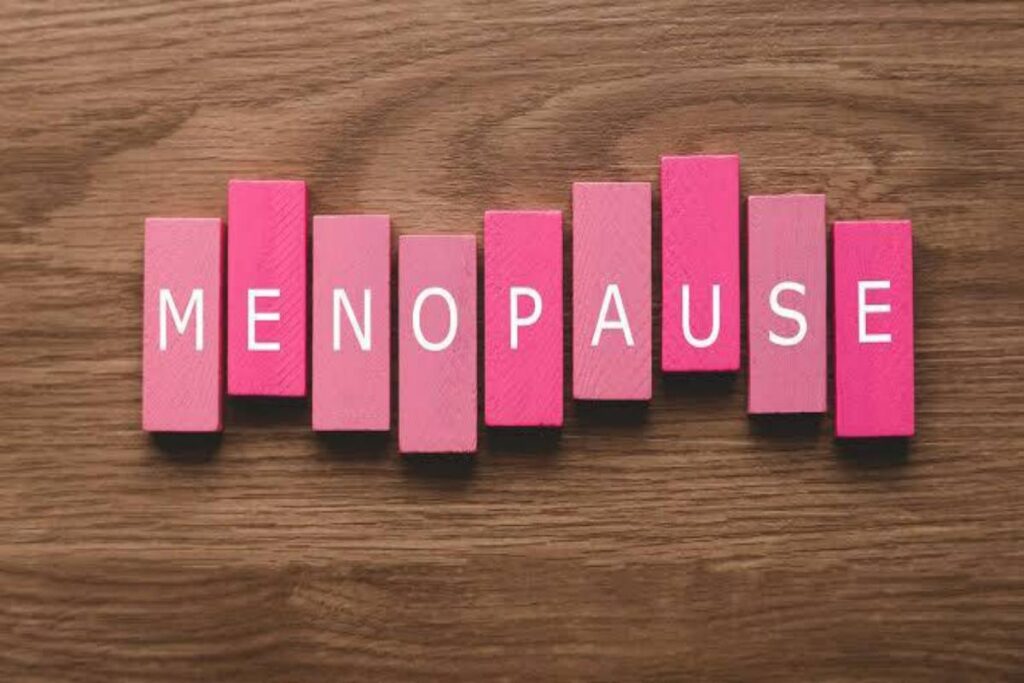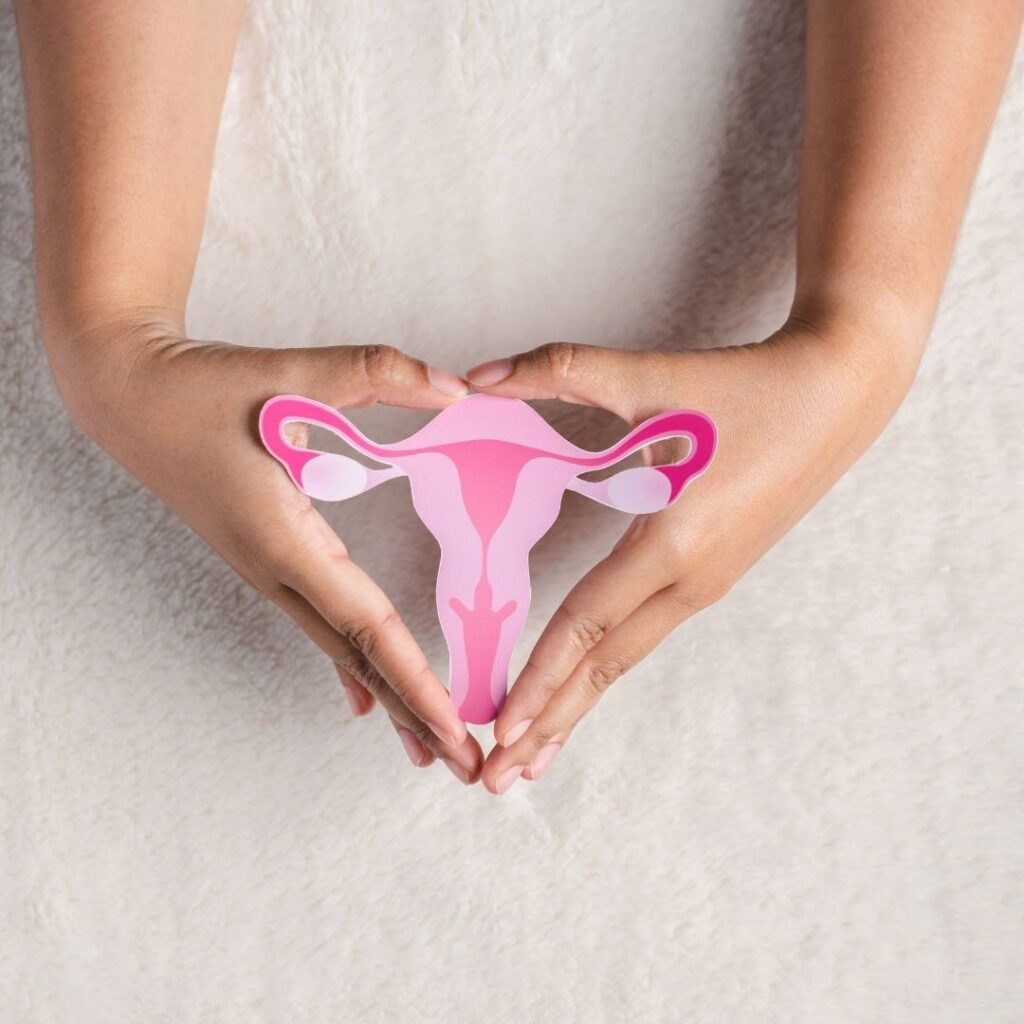Menopause is observed in older women. In the United States alone, about 1.3 million women reach menopause every year. Around 90% of these women experience menopausal symptoms, which can include hot flashes, sleep disturbances, mood alterations, and weight gain.

The condition is non-negotiable for any woman who had ovaries when she experienced puberty, but many report not having enough information about it. About 94% of US women said they were never taught about menopause at school in a 2023 study, with nearly half that number saying that they did not feel informed at all about it.
This short brief includes information and facts backed by CNN wellness expert Dr. Leana Wen. She explains what the condition is, when it occurs and many other details surrounding the ancient phenomenon.
Wen is an emergency physician and adjunct associate professor at George Washington University. She previously was Baltimore’s health commissioner.
What Is Menopause?
According to Wen, “Menopause is the period in a woman’s life when her menstrual periods stop.” Wen says this natural, biological process occurs for most women as a part of midlife when the ovaries stop making certain reproductive hormones.
ALSO READ: Tiffany Haddish Doubles Down on Zimbabwe Grocery Store TikTok Video Amid Heated Backlash
In some cases, menopause is induced by surgery or medical treatment. A good example is when someone with cancer needs to have their ovaries removed or has to go through chemotherapy or radiation, which have the same ability to stop ovarian function.
A byproduct of menopause is the decrease in blood levels of two key hormones: estrogen and progesterone. Scientists believe that the decrease in estrogen especially is responsible for common menopausal symptoms.
At What Age Does It Start?
Wen says that there is significant variation in when menopause occurs in women. Most women enter it between ages 40 and 58, with the average age of experiencing it being 51.

Of course, some women can enter it much earlier due to medical and surgical circumstances. Women who smoke, for example, often reach menopause two years before nonsmokers. There is a genetic component, too. So, women with mothers or sisters who experience it earlier tend to follow in their footsteps.
Menopause normally lasts about seven years, but the duration can be as lengthy as 14 years. How long it lasts varies depending on factors such as race, smoking, and age of menopause onset.
What Are the Signs of It in Women?
The most common symptom of menopause is hot flashes, a sudden sensation of heat that can be accompanied by sweating, skin flushing, and rapid heartbeat. If it happens at night, it is called night sweats, and women who suffer from it may find it hard to fall back asleep, leading to sleep disturbances and irritability.
Another common symptom is the drying and thinning of the vaginal tissues, which can result in discomfort during sex. Menopausal women also may start having more frequent urinary tract infections. Some women may experience mood changes, dry skin, and weight gain.
It’s important to note that health and wellness can be impacted after menopause. Also, the rate of chronic conditions such as cardiovascular disease and osteoporosis increases after menopause. This change is thought to be due to the protective effect of estrogen against these diseases.
What Exactly Happens During Menopause?
Menopause is a natural process and typically occurs in stages. The first stage is perimenopause, which eventually leads to menopause — the cessation of menstrual cycles.

Most women start the transition into menopause (perimenopause) sometime in their mid to late 40s. Hormone production from the ovaries begins to decline during this phase, and you may notice irregular periods and an occasional hot flash.
A woman can typically expect the symptoms of menopause to begin in earnest in their early 50s and continue until the body reaches the postmenopausal state, which occurs once a woman goes a full 12 months without a period.
Can A Woman Get Pregnant After Menopause?
After menopause, female hormone levels become too low to support natural conception. As such, it is next to impossible for pregnancy to occur after the phenomenon. However, it is still possible for conception to happen via IVF. This is observed in cases where the woman uses donor eggs or her eggs if she had them frozen.
You Might Also Like:
FDA Approves Epinephrine Nasal Spray for Emergency Allergy Treatment
Miley Cyrus Named Youngest Disney Legend, Expresses Pride in Her Past As “Hannah Montana”
Easy Egg Peeling Tips and Tricks to Make the Process a Breeze
How to Reduce Your Risk of Knee Arthritis
Halle Berry Turns Up Almost Naked to “The Union” Premiere
